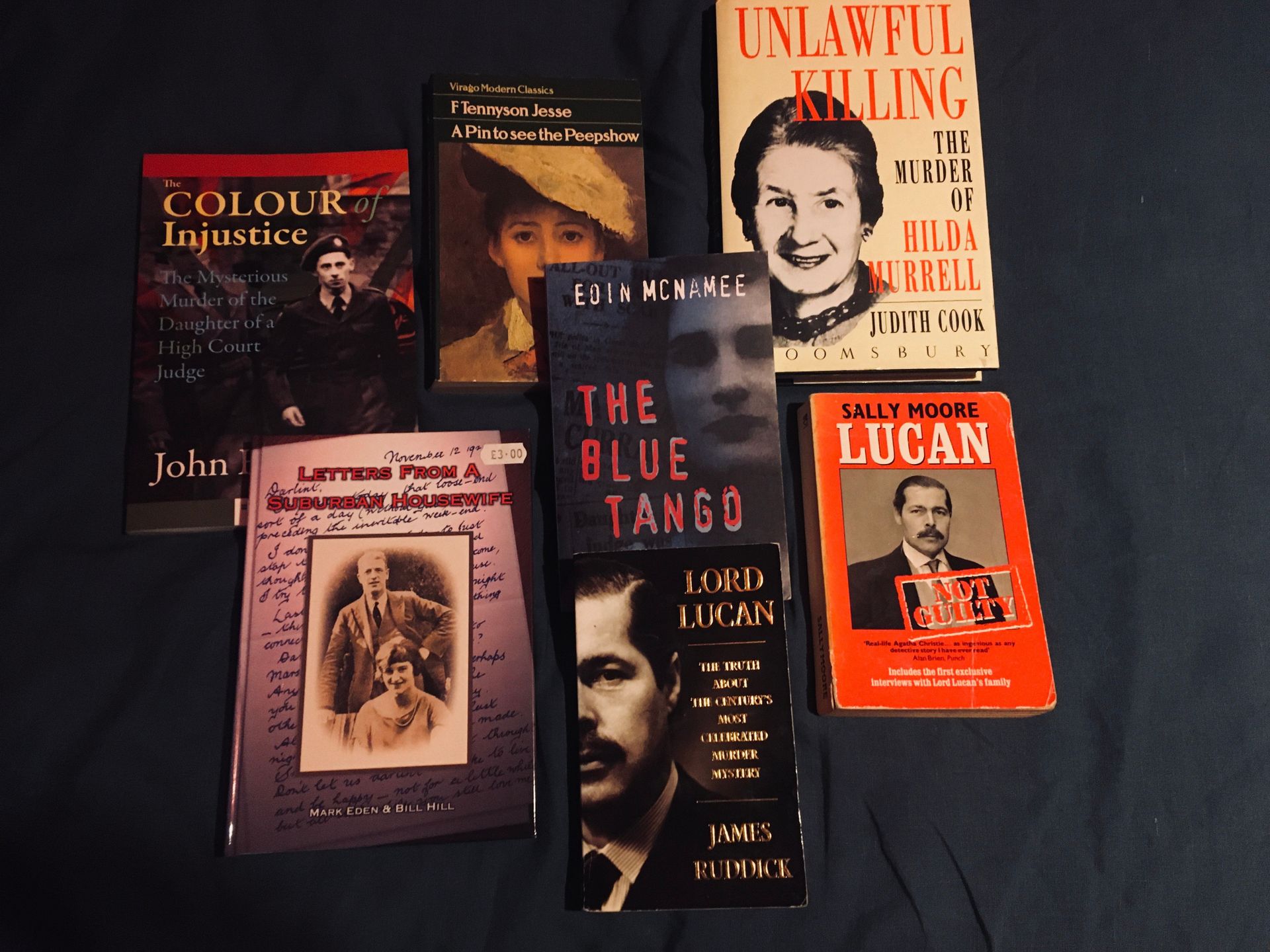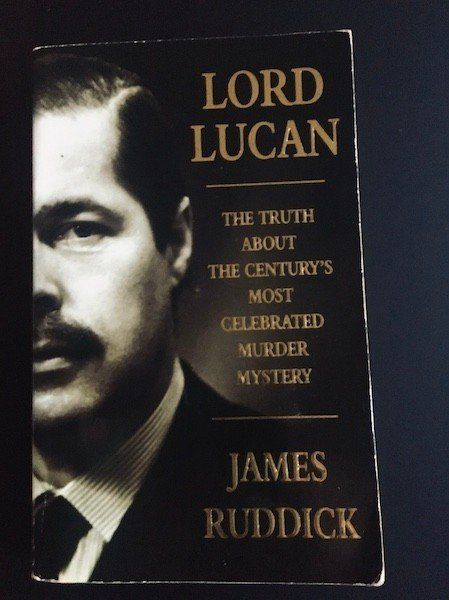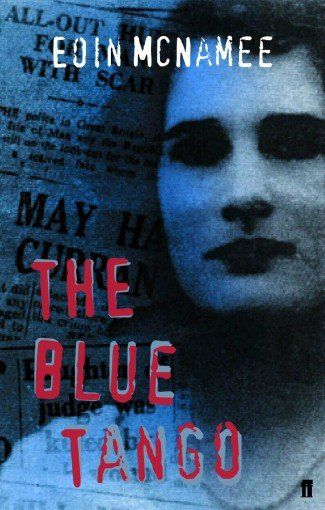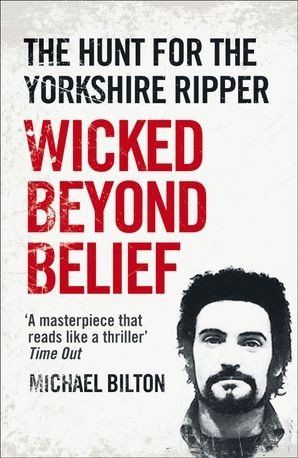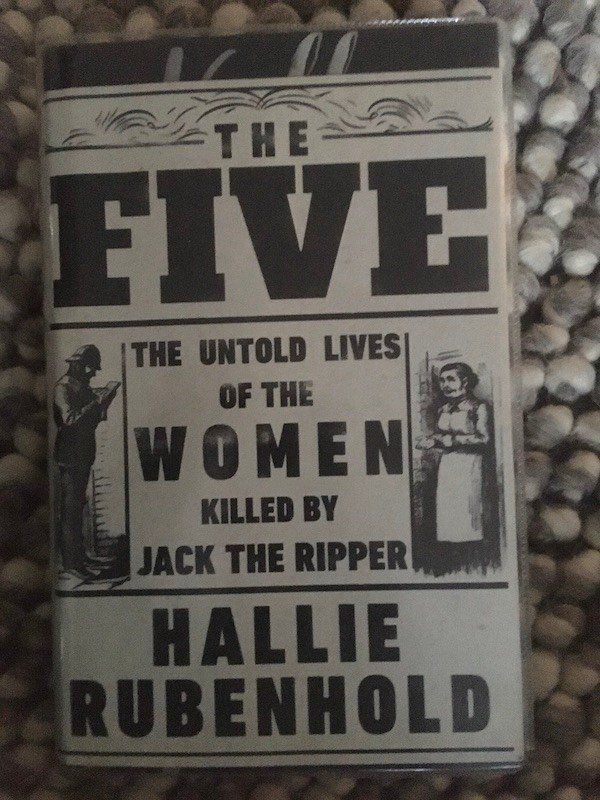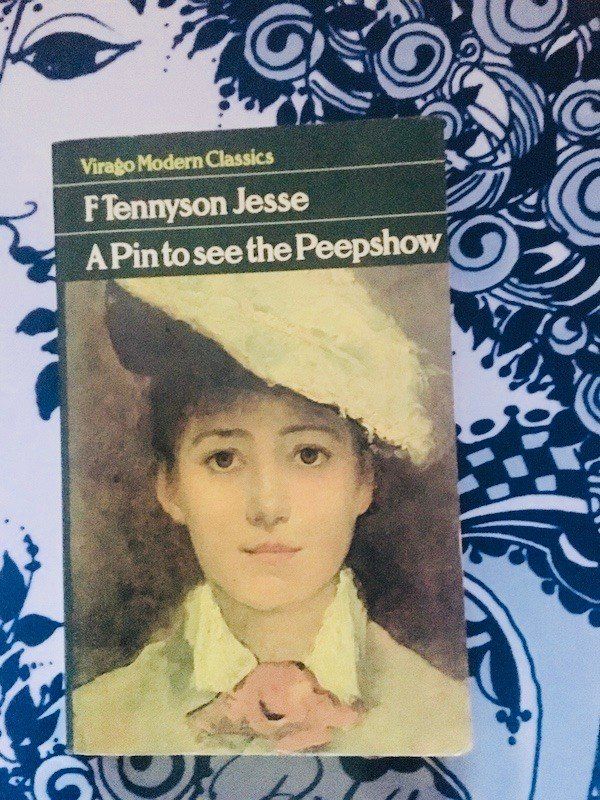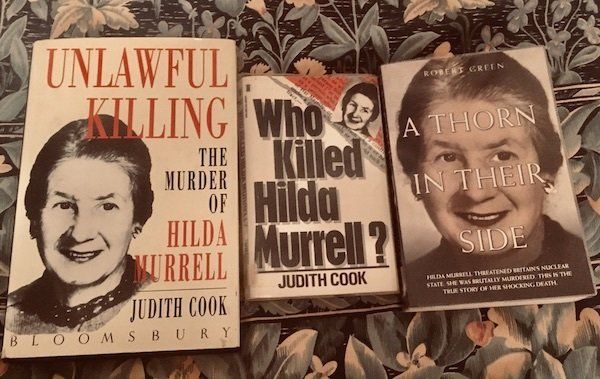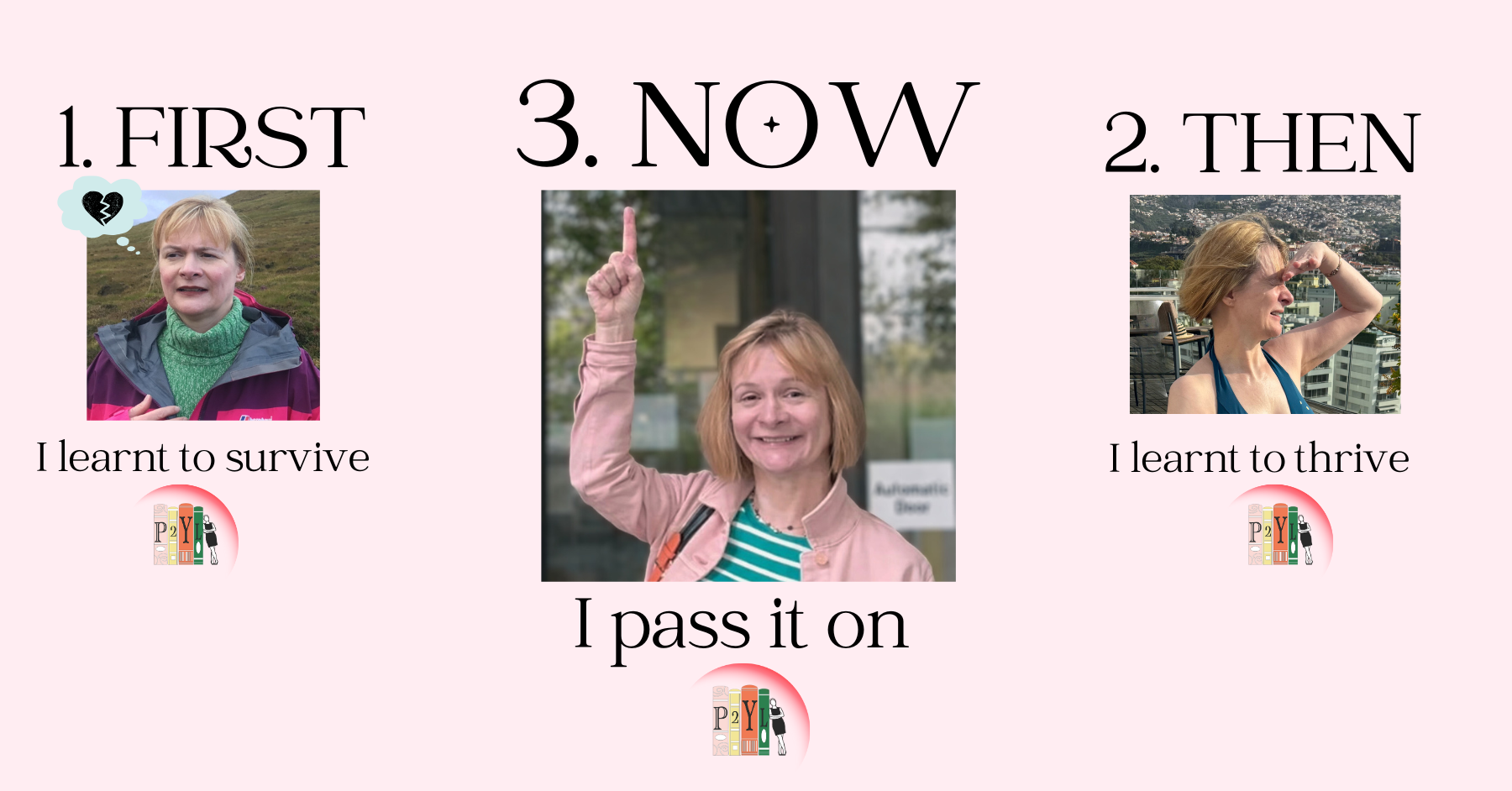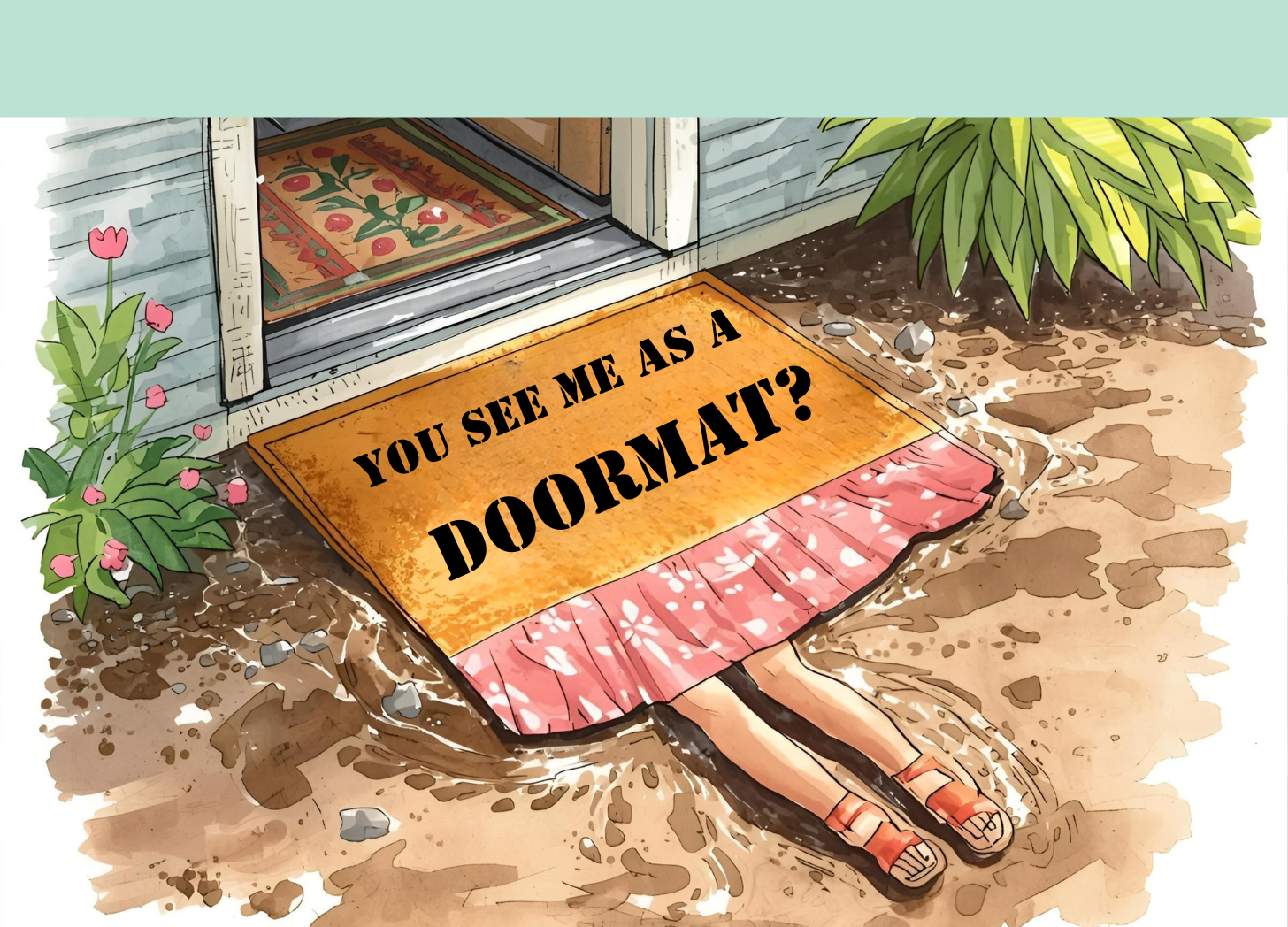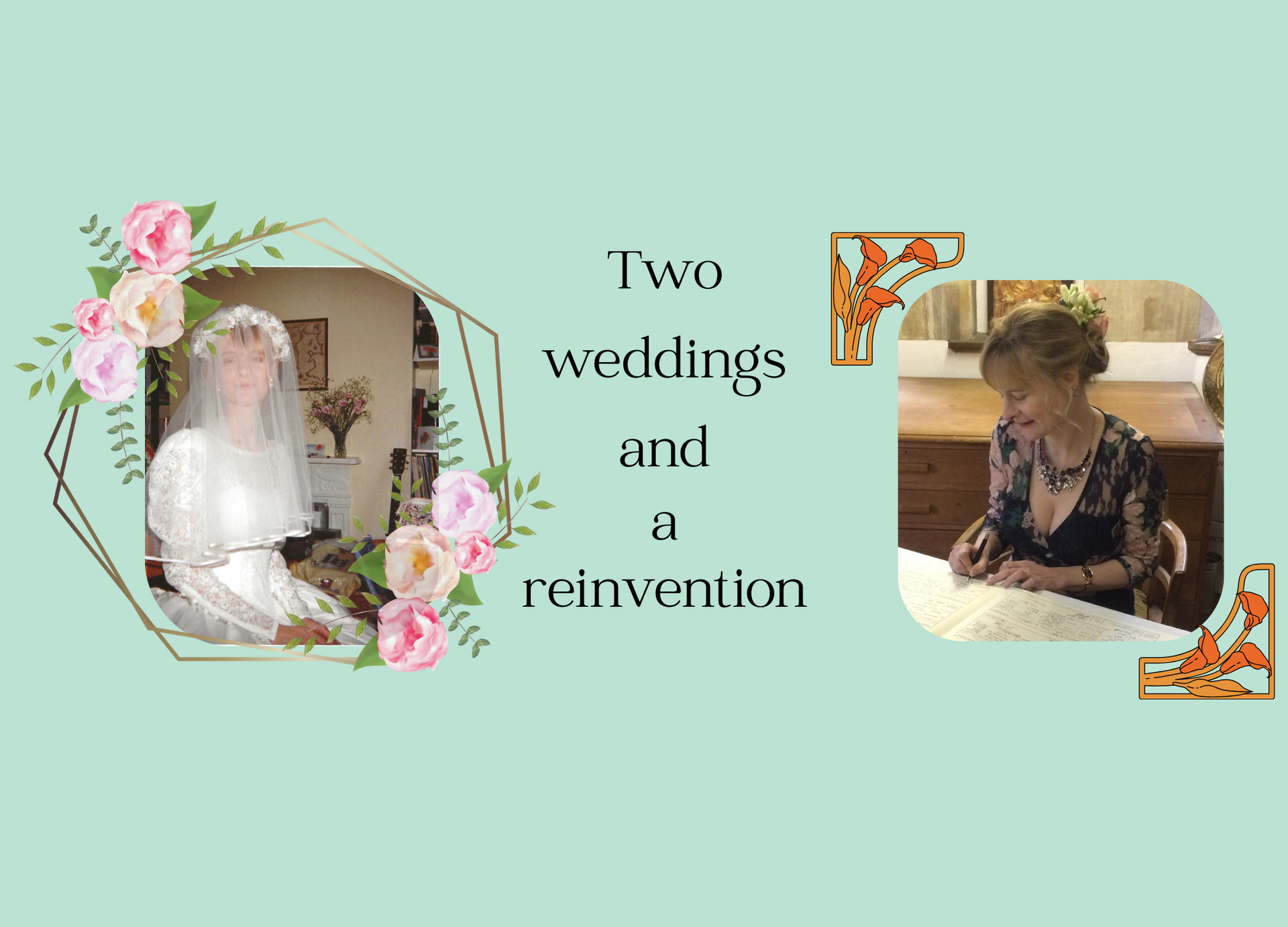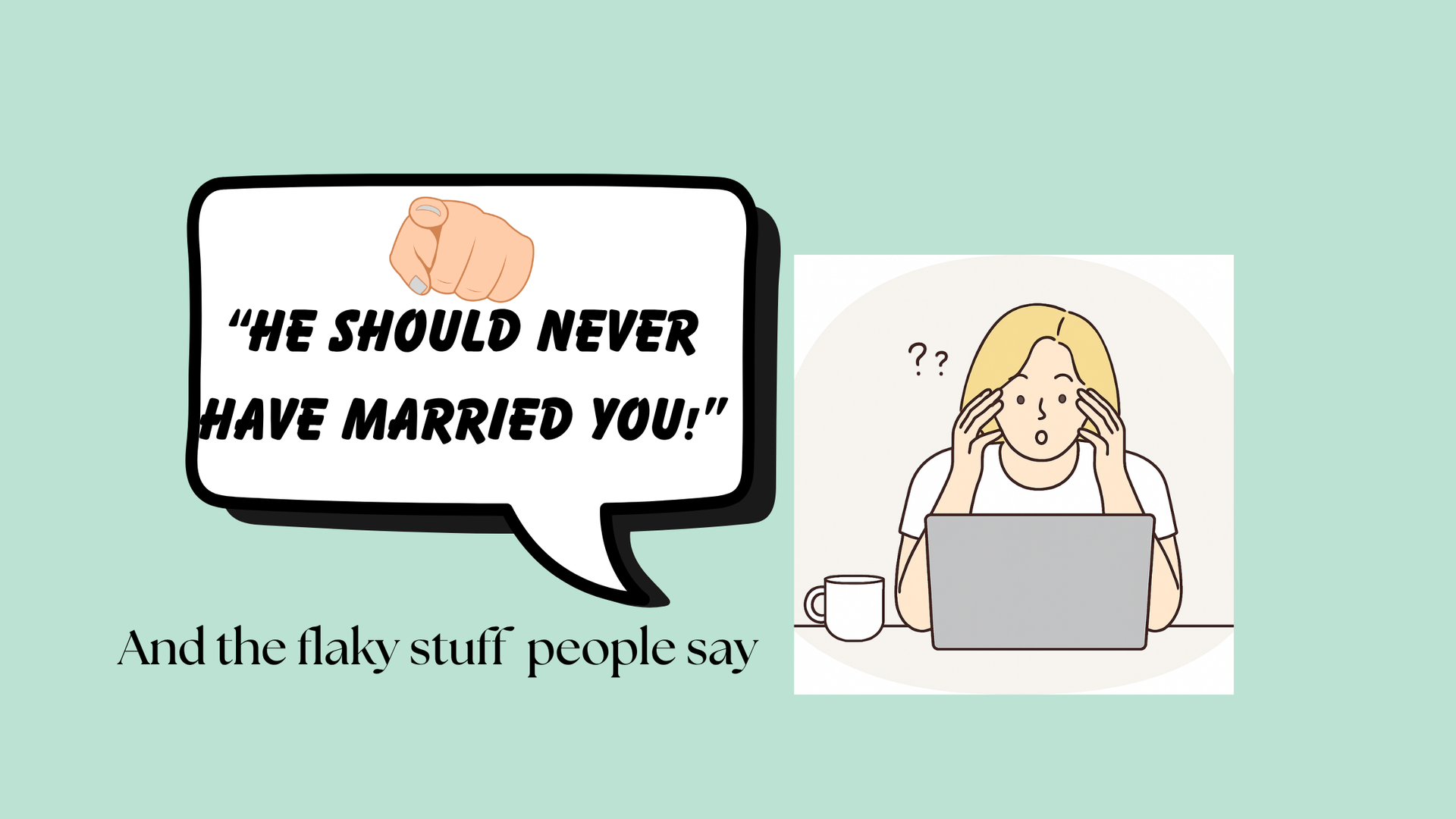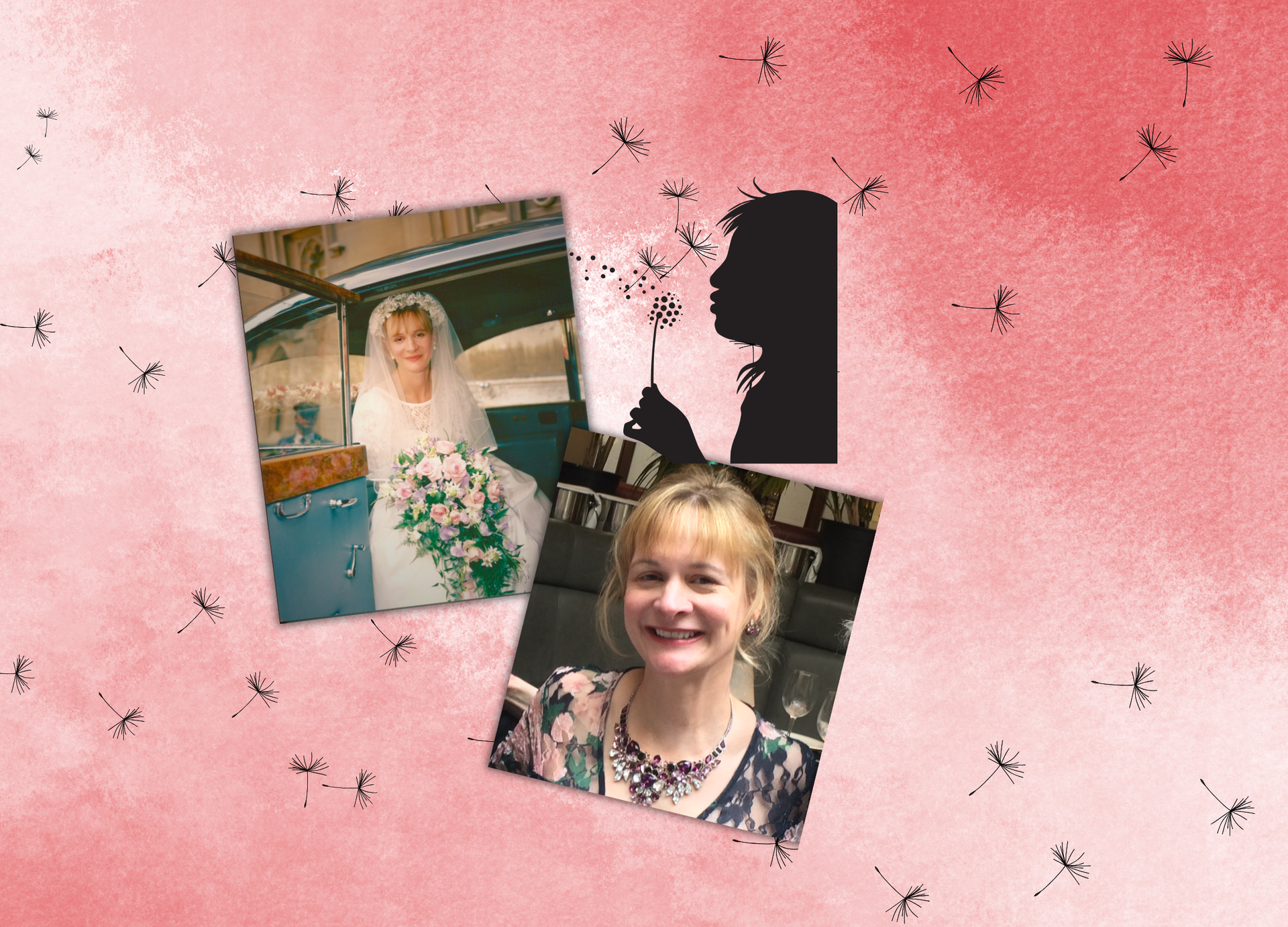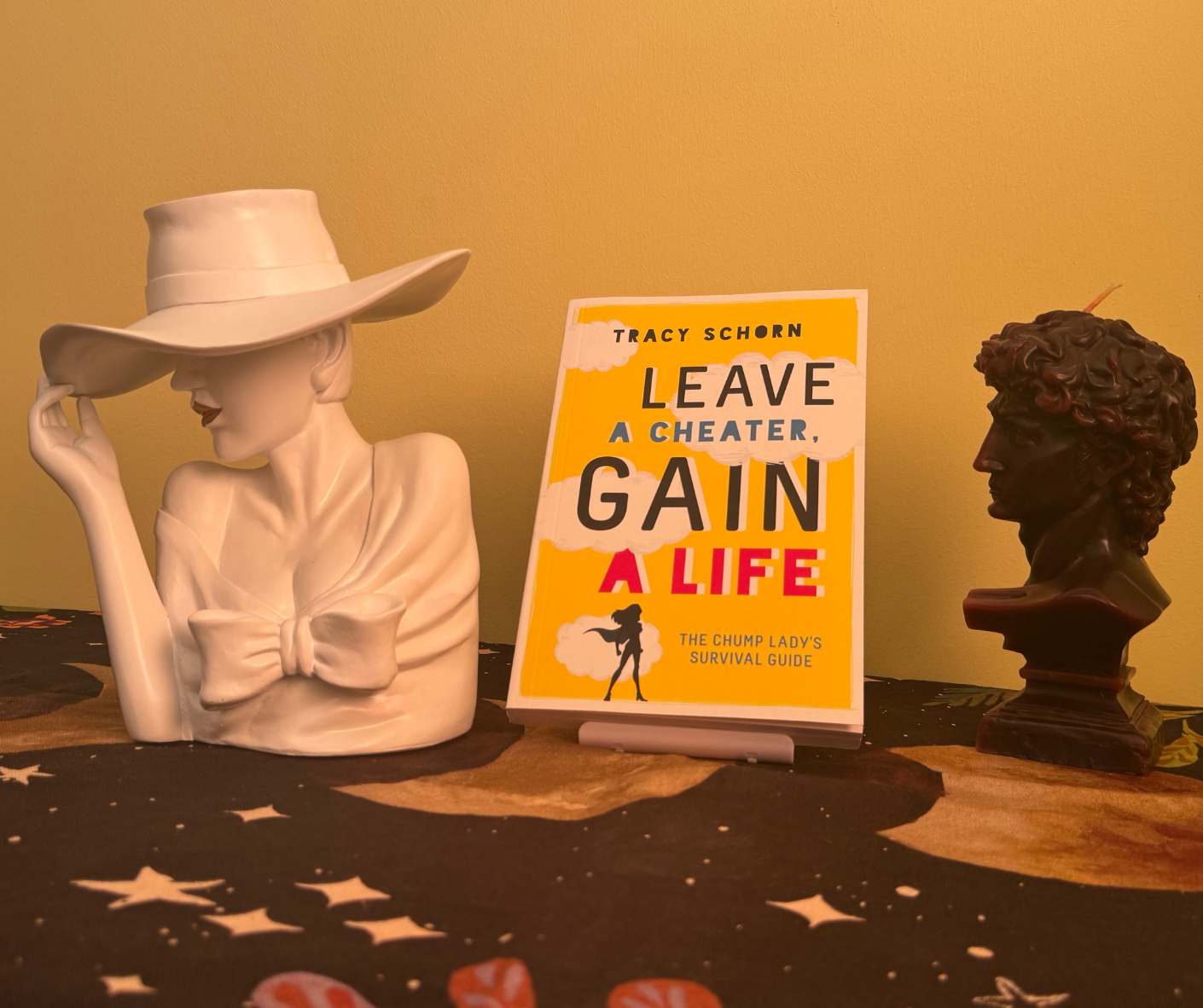
Is it a crime to read true crime?
Why do more women than men enjoy true crime?
For GKP...my partner in crime
OK I'll come clean and own up. I am female. I read books about true crime. Lots of them. And watch true crime TV dramas and films too. Frequently. The stats tell me I'm not alone, that the audience for true crime is predominantly female.
Motive? There are various theories as to why the genre appeals to women: trying to understand the 'why?' in human relations; empathy with the (often female) victims; facing fear of crime at a safe distance; plus the universal human hunger to solve a mystery.
Ultra-compelling are the unsolved or controversial historical cases. You are given the evidence, several possible scenarios, and cases for the prosecution and defence. Combine this with your own perspective and knowledge of human nature, plus your instinct for truth and falsehood. You are the jury.
Bearing all the above in mind, here are accounts of six real life whodunnits I continue to mildly obsess over:
Lord Lucan: What Really Happened, by James Ruddick
I've grown tired of the number of times I've read journalists breezily writing, ‘Lord Lucan murdered his children’s nanny, Sandra Rivett, and then attacked his wife, Lady Lucan.' They conveniently ignore the cold hard fact that Lucan has never been found guilty by any court of law. There has never been a trial because you can’t have a trial without a defendant, and this defendant has not been seen in public for 50 years.
What is exceptional about this case is that when in a legal experiment the complete evidence was presented to an assembled jury in a mock trial, the jury was genuinely split down the middle and failed to reach a verdict. If this had happened in real life, the judge would have had no choice but to order a re-trial, throwing further doubt over the viability of the police's case.
The si xmen and six women of the jury who, unlike most journalists and the general public, had actually listened to and considered all the evidence, recognised that there is enough plausibility in Lucan’s account of that night — via both conversations and letters he wrote after the event containing at least one unconscious slip suggesting he wasn’t the murderer— to bring genuine reasonable doubt to the official police version.
Ruddick’s exploration of the mystery demonstrates why the murder of Sandra Rivett has neverbeen definitively explained.
The Blue Tango, by Eoin McNamee.
A novel depicting the murder of nineteen-year-old judge's daughter Patricia Curran, who was found stabbed to death on a November night in the driveway of her home near Belfast. It was her story which originally sparked my interest in true crime when I discovered a slight personal family connection.
RAF National Serviceman, Iain Hay Gordon, aged twenty, was charged with her murder, solely on the basis of a coerced confession with no physical evidence. He was found ‘Guilty but insane,' and confined for years to a psychiatric hospital, where he was nursed by my ex-husband’s grandfather who was adamant that, ‘There is no way that man was a murderer.’ Anyone who cared to look into the case came away deeply troubled, sensing a miscarriage of justice and many unanswered questions about the family's account of the evening's events.
Who phoned Judge Curran at his club at 7pm that evening with an urgent message to go home? Why was Patricia’s room repainted a few days after her murder? Why was the body moved away from the crime scene, effectively breaking the law and destroying vital evidence? Why was the family solicitor helpfully on hand when the body was discovered? Whose blood stains were later uncovered in Patricia Curran’s bedroom? Why was the family never seriously interrogated by the police? If Iain was not the murderer, who was?
This tense and haunting account captures both the gloomy, gothic atmosphere of ‘the Black North’ at this darkest time of the year, and the toxic Curran family dynamics, hinting at the true identity of the murderer.
Wicked Beyond Belief: the Hunt for the Yorkshire Ripper, by Michael Bilton
I grew up in the UK in the 1970s and can still recall the sense of fear hovering over the North of England like a fog as a serial killer murdered thirteen women over a period of years, defying detection despite a massive operation by West Yorkshire Police. It must have been the biggest UK murder enquiry of the 20th century.
How could this have been allowed to happen? It’s a twisted tale
of tortuous detective work, strategic mistakes at the top, and a hoax that led
the official investigation on a fatal wild goose chase. Sunday Times
author Michael Bilton focuses on
the victims’ stories and the personalities involved in the investigation which at
times came frustratingly close to uncovering the Yorkshire Ripper’s identity,
only to go off at a tangent again.
Chillingly, what emerges to anyone studying the case is the era’s casual brutality and misogyny: English football crowds were known to chant, ‘There’s only one Yorkshire Ripper,’ to the tune of ‘Guantanamera’, and a commentator at the time bemoaned the fact that, ‘the saddest thing is, one of the Ripper victims was a respectable girl rather than a prostitute.’
The Five: the Untold Lives of the Women Killed by Jack the Ripper, by Hallie Rubenhold
One truecrime truism is that murderers end up more famous than their victims. This has never been more the case than in the 1888 Whitechapel Murders which made a household name of 'Jack the Ripper', serial killer of women in the East End of London.
This book, winner of the UK's top non-fiction award in 2019, redresses the balance, not least in asserting that the victims were falsely labelled ‘prostitutes’ by the press of the time, which had the effect of mentally dismissing the murders with, 'It wouldn't happen to me'. There is no hard evidence for prostitution, and according to the inquests no sexual contactbetween killer and victim. The likelihood is that Victorian society would have been quick to lump any woman who did not fit the strict social mores of the time as a woman of 'easy virtue', next stop 'prostitution'.
The Whitechapel Murder victims were more likely to be women who had fallen on hard times in the pitiless economics of the day, and were sleeping rough, thus easy targets for a night-time stalker.
Social historian HallieRubenhold fascinatingly maps the lives of Mary Ann Nichols, Annie Chapman,Elizabeth Stride, Catherine Eddowes, and Mary Jane Kelly, before they met theirdeaths, bringing into poignant focus the lives of these women who were individual workers,mothers, daughters, wives, and lovers.
A Pin to See the Peepshow, by F. Tennyson Jesse
F. Tennyson Jesse was a novelist as well as a criminologist, and in A Pin to See the Peepshow , combined the two to bring to life the strained human relationships and social pressures that can lead to violence, based on the true-life crime trial of Edith Thompson and Frederick Bywaters, a cause célèbre of the 1920s.
Unsuspecting readers come to this Virago novel thinking it’s a sort of English suburban Madame Bovary , complete with glamorous and bored young housewife falling for a younger man. Then comes the powerful seismic shock as the book shifts its focus from an illicit romance to the true story of the machinery of the law grinding up the flawed yet innocent.
It's been said anyone who calls for the return of the death penalty should treat themselves to the book's final chapters.
Various titles on the murder of Hilda Murrell
The murder of this 78 year old Shrewsbury business-owner in 1984 brought out the conspiracy theorists in a whole generation and led to Hilda Murrell being dubbed the 'British Karen Silkwood'.
The police said it was 'a burglary gone wrong', ending in the subject's death, but it assumed new and sinister overtones when considering Hilda Murrell's background. An anti-nuclear protester, she had been due a few days before her death to present a strongly critical paper to the first formal planning inquiry into the Sizewell B nuclear reactor. It also turned out she was aunt and mentor to Commander Robert Green, a former naval intelligence officer who was wrongly said to have passed the order for the controversial sinking of the General Belgrano,
by nuclear submarine during the recent Falklands War. Was the apparent 'burglary' of her home in which nothing was taken except for £50 actually an M15 search operation to locate information injurious to the government and military of the time? And instead of making a run for it, why did her attackers bundle their victim into her car while she was still alive and drive across town to a copse where she was found dead many days later, although witnesses swore the copse was empty in the time period between?
But the biggest unsolved mystery is us. Why are we so mesmerised by conspiracy theories? Is it that we prefer to believe that someone, somewhere, is in control, guiding events, rather than the scarier alternative that life is basically random.

